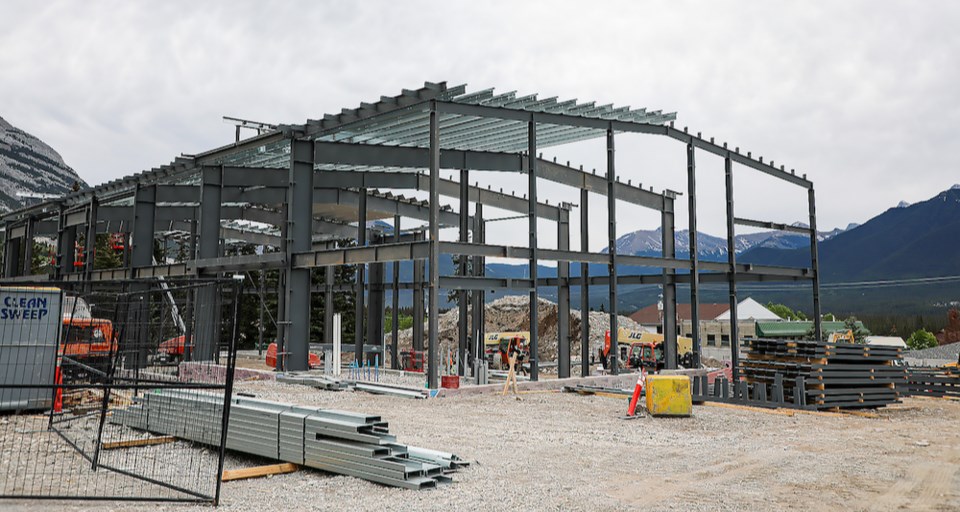Construction costs are set to keep rising this year, but market research from Altus Group indicates that major gains are unlikely as cost pressures moderate and inflation returns to more predictable rates.
“The deceleration of construction costs, which commenced in the latter half of 2022, persisted throughout 2023,” Altus Group reported, Jan. 24. “By the fourth quarter of 2023, container freight prices had reverted to pre-pandemic levels. Additionally, numerous commodity prices experienced significant decreases from their historical peaks, and the costs of many manufactured products also receded from exceptionally high levels.”
Many of the improvements have been offset by gains in other areas, however, driven in part by wage growth, shelter costs and infrastructure spending.
“Consequently, the overall outcome has been characterized by low to moderate cost escalation rather than substantial cost reductions,” Altus Group reported.
The Bank of Canada acknowledged the challenging dynamic this week, continuing its policy of quantitative tightening in the face of wage growth in the range of three to five per cent and shelter costs that have been a key contributor to inflation data.
While business investment in real estate has backed off, reducing price pressures, it noted that “core measures of inflation are not showing sustained declines” and forecast ongoing government spending and renewed business investment in the latter half of 2024 would contribute to economic growth and in turn inflationary pressures this year.
In its report, Altus also flagged looming pressures on construction costs.
“It appears that the scales are tilting toward more moderation of construction costs over the next six to 12 months; however, this equilibrium may be short-lived as rapid population growth will inevitably drive increased demand for housing and infrastructure,” it said.
Builders planning to undertake projects this year can expect the highest costs in Vancouver, according to Altus Group, but Prairie cities occasionally have higher starting points.
A low-rise condominium apartment project (up to 12 storeys) will cost in the range of $325 to $400 per square foot in Â鶹´«Ã½Ó³»versus $280 to $325 in Calgary, Edmonton and Winnipeg. This compares to last year’s range of $310 to $380 per square foot in Â鶹´«Ã½Ó³»versus $260 to $320 in Calgary, Edmonton and Winnipeg.
Fitting out Class B office space for a new tenant – and Class B office space is desperately in need of new tenants across markets – ranges from $85 to $155 per square foot in Â鶹´«Ã½Ó³»this year, up marginally from $85 to $155 per square foot last year. On the Prairies, where the cost of tenant improvements has been a key issue, the range is $75 to $115 in Alberta (up from $70 to $110 a year ago) and $70 to $110 in Winnipeg (up from $65 to $105 a year ago).
Distribution facilities, broken out in this year’s report from cheaper warehouse space, comes at a premium.
Altus Group reported that a distribution facility in Â鶹´«Ã½Ó³»will cost $180 to $465 per square foot to build versus $115 to $195 for a warehouse, virtually unchanged from a year ago.
In Alberta, a distribution facility costs $145 to $430 per square foot versus $125 to $155 for a warehouse. A year ago, the two classes ranged from $105 to $155 per square foot.
The costs are marginally lower in Winnipeg, where distribution centres cost $140 to $425 per square foot and a warehouse is $120 to $150.
Altus Group construction cost data for 2024 is based on an analysis of data for 5,773 projects totalling 1.4 billion square feet with an aggregate value of $440 billion.



